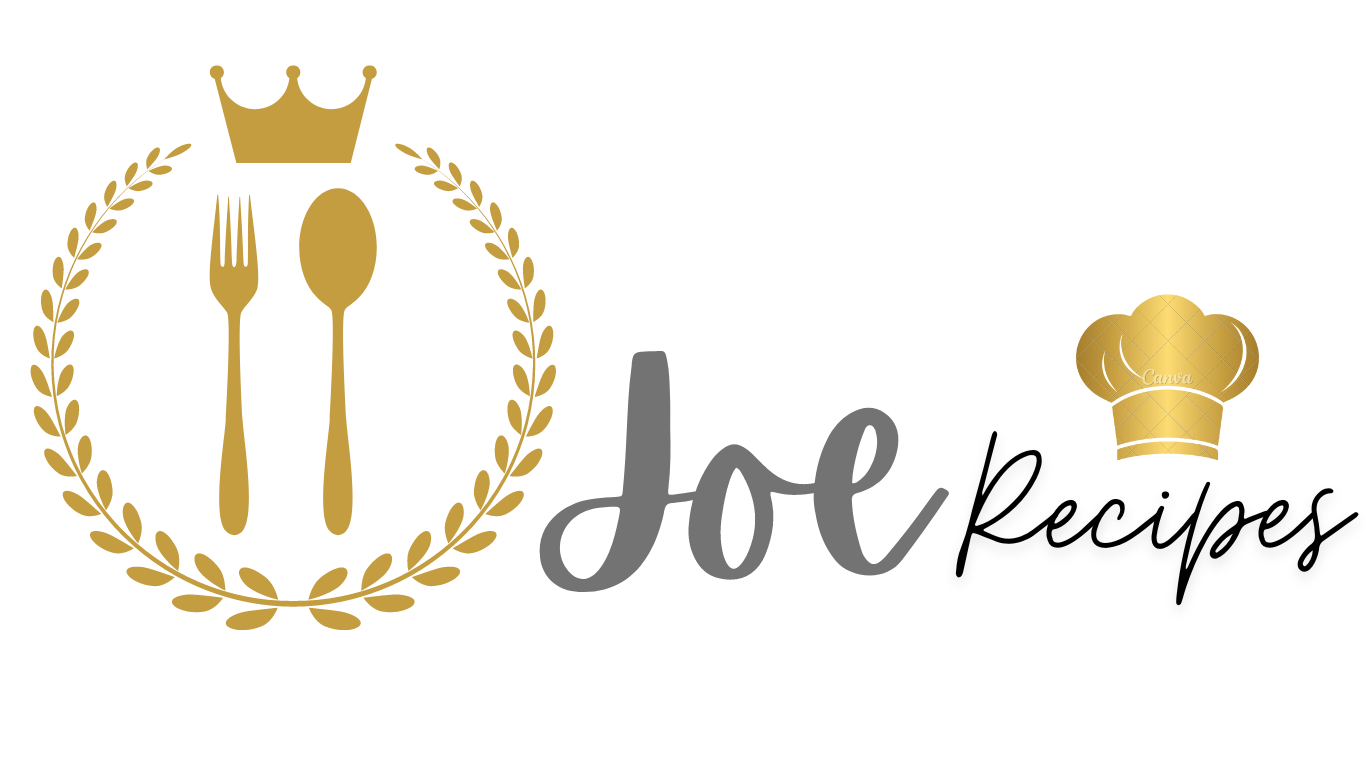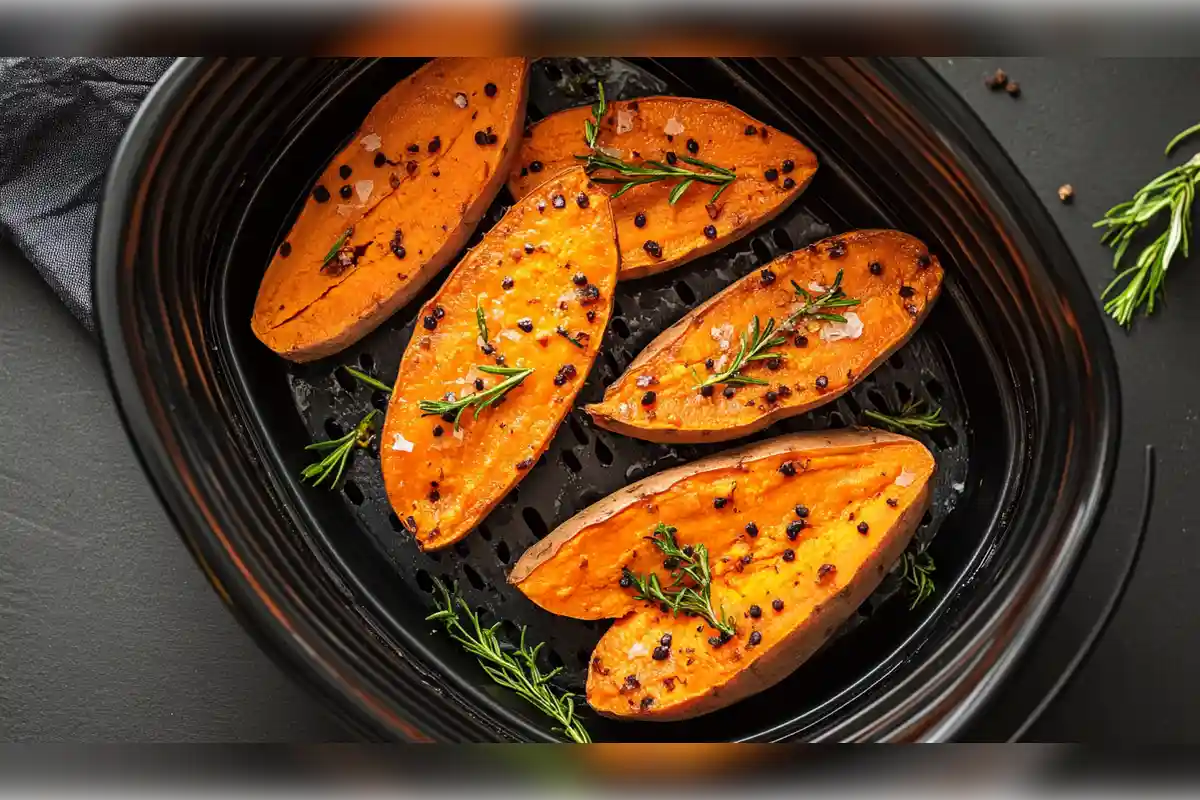When preparing sweet potatoes for a meal, one common question that often arises is: should I boil my sweet potatoes before baking? This cooking method is frequently debated among home cooks and chefs alike. To help you decide the best way to prepare sweet potatoes, we’ll dive into the science behind boiling and baking, discuss the pros and cons, and provide expert tips on making your sweet potatoes taste better than ever.
Sweet potatoes are versatile, nutritious, and delicious, but the way you prepare them can significantly impact their flavor and texture. Whether you’re baking them whole, mashing them, or using them in a dish like a casserole, understanding whether boiling them beforehand is necessary can make all the difference.
Why Do People Ask This Question?
Many people wonder “should I boil my sweet potatoes before baking?” because they’re looking for ways to enhance both the cooking process and the final result. Boiling sweet potatoes before baking has been suggested as a method to reduce cooking time and improve the texture. But is this really the best approach?
Boiling sweet potatoes softens them quickly, allowing you to bake them faster and with more consistent results. However, some argue that this method can dilute the natural sweetness and cause a loss of nutrients. Healthline notes that while sweet potatoes are packed with vitamins and minerals, boiling them can lead to a reduction in water-soluble vitamins like vitamin C.
So, what should you do? Let’s explore both sides of the debate.
The Science Behind Boiling and Baking
Understanding how boiling and baking affect sweet potatoes can help you make an informed decision. When sweet potatoes are boiled, they absorb water, which can soften them. This is great for dishes where you want a smooth texture, such as mashed sweet potatoes or a sweet potato casserole. However, boiling can also lead to some nutrient loss, particularly with water-soluble vitamins.
On the other hand, baking sweet potatoes preserves most of the nutrients because they aren’t exposed to water. Baked sweet potatoes develop a caramelized sweetness and maintain their firmness, making them ideal for roasting or using in dishes where texture is key. Learn how to make a creamy sweet potato casserole with boiled sweet potatoes, which can create a smoother filling for dishes like casseroles.
Pros of Boiling Before Baking
- Faster Cooking Time
Boiling sweet potatoes before baking significantly reduces the time needed to bake them. Since the boiling process softens the potatoes, they require less time in the oven to reach that perfect, tender texture. - Improved Texture for Certain Dishes
If you’re making mashed sweet potatoes or a dish that requires a smooth consistency, boiling the potatoes first will give you a softer result. Boiled sweet potatoes can be easily mashed or blended, providing a creamier texture. - Retaining Moisture
Boiling helps to lock in moisture, which can prevent the sweet potatoes from becoming too dry when baked. This is particularly beneficial for dishes like pies and casseroles, where a creamy texture is desired.
Cons of Boiling Before Baking
- Nutrient Loss
One of the biggest drawbacks of boiling sweet potatoes before baking is the potential for nutrient loss. As mentioned earlier, boiling can lead to the leaching of water-soluble vitamins like vitamin C and some B vitamins. While the overall impact on health may not be significant, it’s worth considering if you want to maximize the nutritional value of your meal. - Diluted Flavor
Boiling sweet potatoes before baking can sometimes result in a less intense flavor. Sweet potatoes naturally have a rich, sweet flavor that is enhanced when they are roasted or baked at high temperatures. By boiling them, some of that sweetness may seep into the water, which can lead to a milder taste. - Potential Texture Issues
While boiling sweet potatoes softens them, it can also make them too mushy for certain recipes that require firmer textures, such as roasted sweet potatoes. If you’re looking for crispy, caramelized edges, boiling may not be the best approach. In dishes where you need that crisp texture, it’s better to roast sweet potatoes without boiling.
Alternatives to Boiling Before Baking
If you’re still unsure whether to boil your sweet potatoes before baking, there are alternative methods that can help you achieve a perfect texture without boiling.
- Steaming
Steaming is a great alternative to boiling because it helps retain more nutrients while still softening the sweet potatoes. Unlike boiling, the potatoes don’t come into contact with water, which preserves their natural flavors. Steaming is especially effective if you plan to mash or puree the sweet potatoes later. - Microwaving
For a quick and easy method, microwaving your sweet potatoes before baking can speed up the process. This method helps soften the sweet potatoes while retaining most of their nutrients. It’s especially useful when you’re in a time crunch and want to avoid the nutrient loss associated with boiling. - Roasting
Another option is to simply roast the sweet potatoes without boiling them first. Roasting allows you to retain all the natural flavors and nutrients while creating a crispy outer layer. If you want a balance of soft insides and crispy outsides, this is the ideal method. Measure sweet potatoes perfectly for any recipe to ensure your roasting method delivers even results.
Step-by-Step Guide: How to Boil Sweet Potatoes Before Baking
If you decide to boil your sweet potatoes before baking, here’s a step-by-step guide to help you do it right:
- Prep the Sweet Potatoes
- Peeling: You can either peel the sweet potatoes or leave the skin on, depending on your preference. The skin contains extra fiber and nutrients, but peeling can make for a smoother final dish.
- Cutting: Slice the sweet potatoes into uniform pieces to ensure even boiling. You can boil them whole, but cutting them into cubes or slices will reduce the boiling time.
- Boil the Sweet Potatoes
- Place the sweet potatoes in a pot and cover them with water. Sprinkle a small amount of salt to elevate the flavor.
- Bring the water to a boil and cook the sweet potatoes for about 10-15 minutes, or until they are just tender when poked with a fork. Be careful not to overboil, as this can make them too mushy.
- Drain and Let Them Cool
- Once the sweet potatoes are tender, drain them in a colander and allow them to cool slightly before baking. This step ensures that excess moisture is removed, preventing sogginess when baked.
- Bake the Sweet Potatoes
- Preheat your oven to 400°F (200°C).
- Place the boiled sweet potatoes on a baking sheet. For added flavor, brush them with olive oil and season with salt, pepper, or your favorite spices.
- Bake for 15-20 minutes until they turn golden and slightly crispy on the edges.
Best Dishes That Benefit from Boiling Before Baking
Some dishes benefit from the softened texture that comes from boiling sweet potatoes before baking. Here are a few examples:
- Sweet Potato Casserole
When making a sweet potato casserole, boiling the sweet potatoes first can help create a creamy base for the dish. This method ensures that the sweet potatoes blend easily with other ingredients like butter, sugar, and spices, making for a smooth and delicious casserole. Check out how to make a creamy sweet potato casserole for more inspiration. - Sweet Potato Pie
Just like with casseroles, boiling sweet potatoes before baking ensures a smooth filling for pies. The soft texture from boiling allows you to easily mash and mix the potatoes with other ingredients, resulting in a luscious, velvety pie filling. - Mashed Sweet Potatoes
If you’re making mashed sweet potatoes, boiling them first is a must. It ensures that the potatoes are soft enough to mash into a creamy, lump-free consistency. You can add butter, cream, or herbs to elevate the flavor.
Common Mistakes to Avoid When Boiling and Baking Sweet Potatoes
- Overboiling
One common mistake is overboiling the sweet potatoes. This can make them too mushy and difficult to handle, especially if you want them to retain some texture. Always check for doneness with a fork, and remove them from the water as soon as they’re tender. - Not Drying the Potatoes Properly
After boiling, it’s important to let the sweet potatoes dry before baking. Excess water can cause them to steam in the oven instead of roast, leading to a soggy texture. Let them cool and dry for a few minutes before baking. - Skipping Seasoning
Many people forget to season their sweet potatoes before baking, which can result in a bland dish. After boiling, season the potatoes with salt, pepper, and your favorite spices before placing them in the oven for a richer flavor.
FAQ
Here are some of the most common questions people ask about boiling and baking sweet potatoes:
1. Should I peel sweet potatoes before boiling them for baking?
It depends on your preference. Leaving the skin on adds extra fiber and nutrients, but peeling them results in a smoother texture for mashed or pureed dishes.
2. Is it better to boil or bake sweet potatoes?
It depends on the dish you’re preparing. Boiling helps soften sweet potatoes quickly and is great for dishes like mashed sweet potatoes or casseroles. Baking, on the other hand, brings out more natural sweetness and creates a firmer texture.
3. How long should I boil sweet potatoes before baking?
Boil sweet potatoes for about 10-15 minutes, just until they are fork-tender. Be careful not to overboil, as this can make them too mushy for baking.
4. Can I roast sweet potatoes without boiling them first?
Absolutely! Roasting sweet potatoes without boiling them first is a great option if you want to retain more of their natural sweetness and create a crispy texture.
5. Does boiling sweet potatoes make them lose nutrients?
Yes, boiling can lead to a loss of water-soluble vitamins like vitamin C. However, the overall nutritional impact is minimal, and boiling still retains most of the beneficial nutrients in sweet potatoes.

